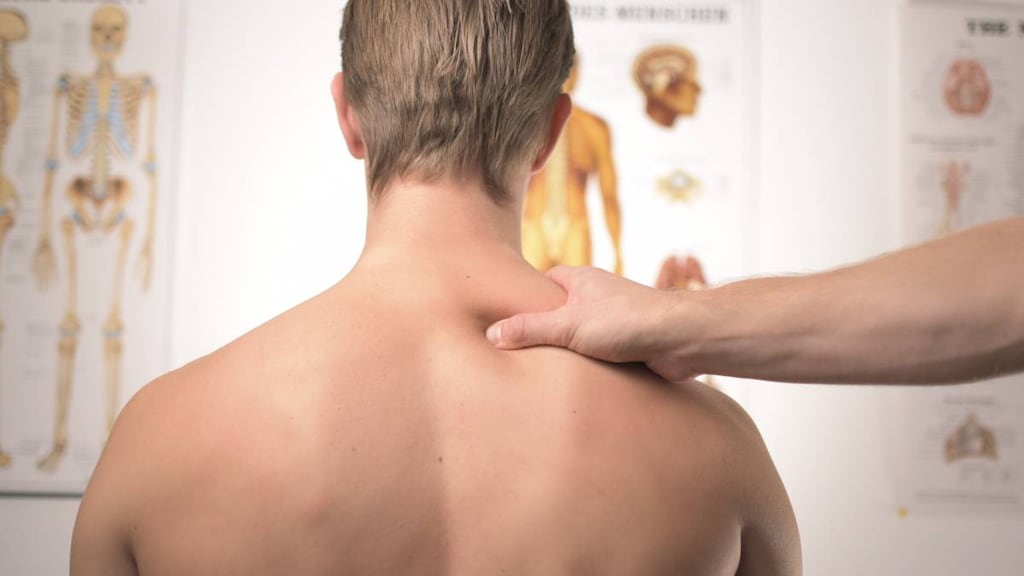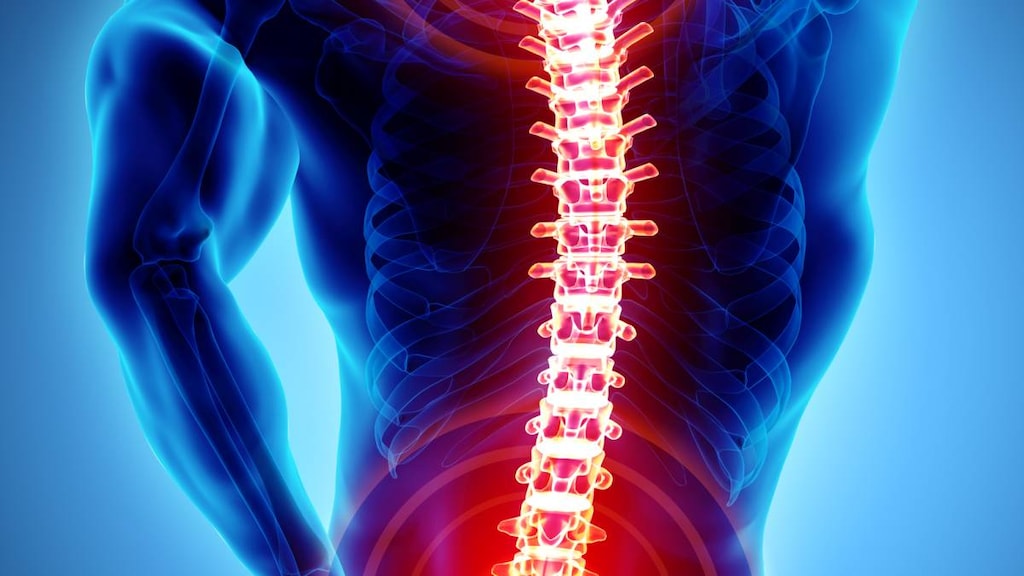
What are muscular aches and pains?
We have more than 600 different muscles in our body and these make up almost 40 percent of our body weight. This means that muscle pain can occur almost anywhere.
Having pain, aches, or discomfort in your muscles is extremely common.
What are muscles?
Muscles are bands of fibrous tissue in our body that can contract to produce movement or maintain the position of our body parts.
Each muscle is made up of tens of thousands of small fibers, each about 40 mm long and each one consisting of tiny strands of fibrils. Nerves connect to these fibers and make them contract. We have three main types of muscle: Smooth, skeletal, and cardiac muscle.
Our stomach, intestines, arteries, and other hollow organs are made up of smooth muscle. Movement of this type of muscle is largely out of our control, being activated automatically by hormones and other substances in our body, such that we are not aware we are using them.
Skeletal muscles cover our bones and give our bodies their shape and allow us to move. We have about 320 pairs of identical bilateral muscles and when one contracts, the other expands, allowing movement. We can consciously control our skeletal muscles.
Cardiac muscle only exists in the heart and it is responsible for pumping blood around our body, operating 24 hours a day, every day of the week. Cardiac muscle works automatically.
What causes muscle pain?
Muscle pain can be caused by many different things such as:
- Autoimmune diseases (eg, Lupus, myositis)
- Chronic fatigue syndrome
- Electrolyte imbalances
- Fibromyalgia
- Hypothyroidism
- Infection (eg, influenza, malaria, Lyme disease)
- Injury or overuse (trauma, muscle strains, poor posture)
- Medications (eg, statins, ACE inhibitors)
- Myofascial pain syndrome
- Obstructed blood flow
- Peripheral arterial disease
- Stress or tension.
How is muscle pain treated?
To relieve symptoms of an acute muscle injury caused by injury or overuse, the RICE procedure should be followed.
RICE stands for:
- Rest: Take a break from physical activity
- Ice: Apply an ice pack for 20 minutes several times a day
- Compression: A compression bandage can reduce swelling
- Elevation: Raise the affected part to reduce swelling.
See a doctor straight away if you experience extreme or unexplained muscle pain or weakness, especially if you are having problems breathing.
Other treatments include:
- Hot/cold therapy
- NSAIDs, such as ibuprofen, naproxen, or diclofenac
- Treating the underlying condition (eg, potassium for electrolyte imbalances, levothyroxine for hypothyroidism)
- Muscle relaxants
- Topical gels or rubs
- Resistance bands
- Yoga.

